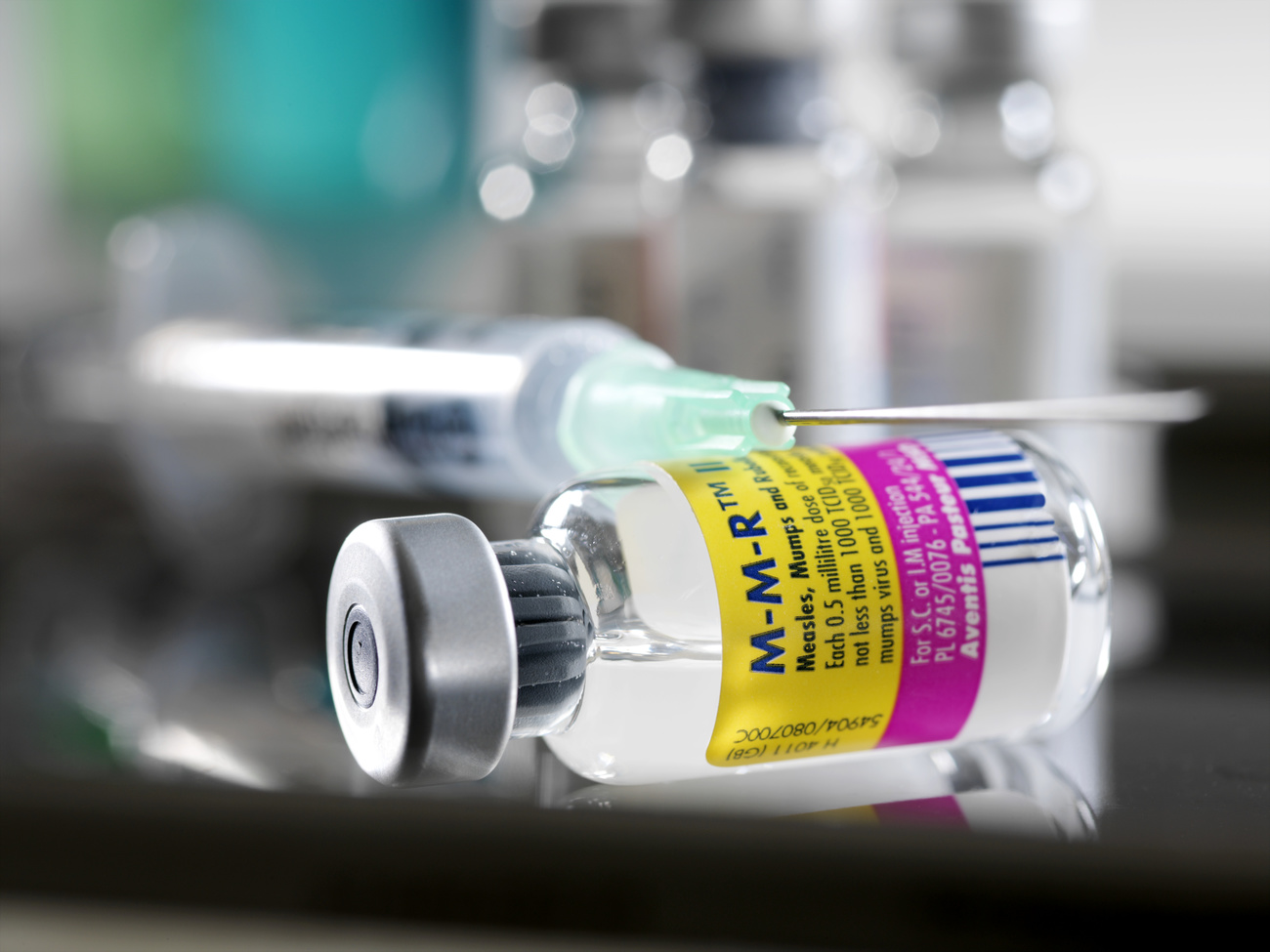
Swiss doctors develop implant for spinal cord injury patients

An implant developed as a result of research carried out in Switzerland considerably improves the living conditions of people with spinal cord injuries, say the doctors behind this innovation. It remedies the chronic hypotension from which these patients suffer.
The lack of blood pressure regulation is one of the invisible consequences of paralysis, explain neuroscience professor Grégoire Courtine of the Federal Institute of Technology Lausanne (EPFL) and Jocelyne Bloch, a neurosurgeon at the Lausanne University Hospital who also teaches at the University of Lausanne.
In people with a spinal cord injury, the signal from the brain that is supposed to constrict the blood vessels no longer gets through, because the neurons that need to be activated there are no longer activated. The new device enables contact to be re-established by stimulating the nerve cells responsible for managing tension.
+Get the most important news from Switzerland in your inbox
To develop such an implant, the researchers first had to identify the entire neuronal architecture of the spinal cord responsible for the uncontrolled rise in blood pressure. This is a very specific area. The study has been published in the journal Nature.
Courtine and Bloch’s team then designed an implantable system capable of targeting this particular area of the spinal cord by electrical stimulation, thereby preventing the chronic hypotension that affects people suffering from paralysis. This system is presented in Nature Medicine.

More
Novartis bets on ageing as next frontier in drug development
The implant consists of a network of electrodes in the form of a small oblong plate. This plate is connected by wires to a box the size of a pacemaker. The plate is placed on the spinal cord and the box is slid under the skin in the abdomen.
Successful tests
By sending electrical stimuli, the device is capable of stabilising blood pressure by means of “targeted neuromodulation”. To date, it has been successfully tested on 14 people in four clinical trials conducted in Switzerland, the Netherlands and Canada.
This implant promises to considerably improve the lives of people suffering from spinal cord injury. Chronic hypotension can be very debilitating. It leads to severe fatigue and headaches. Sufferers are plunged into a kind of brain fog.

More
One paper, 20 years of damage
The inability of the body to regulate blood pressure also means that it takes a great deal of effort to sit up in a wheelchair. This is what happened to Julie, aged 26. The young woman, who suffered a spinal cord injury, had to remain bedridden most of the time.
Today, thanks to the implant, “her life has changed completely”, she says. She who used to vegetate during the day has been able to resume her studies at university. Daniel, another patient, has been able to resume downhill sit-skiing, an indescribable pleasure for this 76-year-old winter sports enthusiast.
Translated from French with DeepL/gw
We select the most relevant news for an international audience and use automatic translation tools to translate them into English. A journalist then reviews the translation for clarity and accuracy before publication.
Providing you with automatically translated news gives us the time to write more in-depth articles. The news stories we select have been written and carefully fact-checked by an external editorial team from news agencies such as Bloomberg or Keystone.
If you have any questions about how we work, write to us at english@swissinfo.ch.

In compliance with the JTI standards
More: SWI swissinfo.ch certified by the Journalism Trust Initiative































You can find an overview of ongoing debates with our journalists here . Please join us!
If you want to start a conversation about a topic raised in this article or want to report factual errors, email us at english@swissinfo.ch.